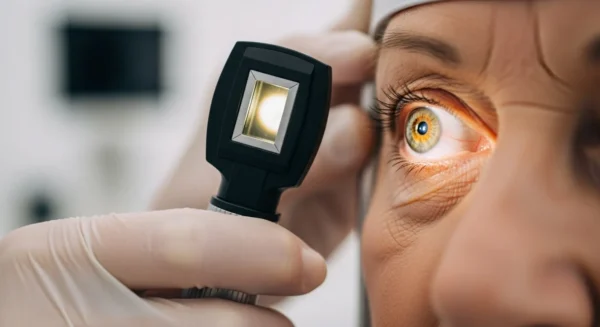
Key Signs It’s Time to Consult a Doctor
While the natural strategies discussed in this article can be very effective, it is crucial to recognize when fatigue might be a symptom of a more serious, underlying health issue. Do not dismiss persistent or unusual tiredness. Your health and safety are the top priorities, and a medical professional is your best resource for diagnosis and treatment.
Please schedule an appointment with your doctor immediately if you experience any of the following:
- Sudden or Extreme Fatigue: If your tiredness comes on suddenly and is debilitating, making it difficult to perform your normal daily activities, it requires immediate medical attention.
- Fatigue Accompanied by Other Symptoms: Pay close attention if your fatigue is paired with other red flags, such as:
- Chest pain, shortness of breath, or an irregular heartbeat.
- Unexplained weight loss or loss of appetite.
- Fever, body aches, or swollen glands.
- Feeling unusually sad, hopeless, or anxious for more than two weeks.
- Tiredness That Doesn’t Improve with Rest: If you are getting what should be an adequate amount of sleep but still wake up feeling exhausted day after day, it could signal a sleep disorder like sleep apnea or another medical condition.
- Fatigue After Starting a New Medication: If you notice a significant drop in your energy levels shortly after beginning a new prescription, contact your doctor or pharmacist. It may be a side effect that can be managed by adjusting the dosage or trying a different medication.
- Persistent Brain Fog or Confusion: While mild forgetfulness can be normal, if your fatigue is accompanied by significant confusion or difficulty concentrating, it’s important to get it checked out.
These symptoms could indicate conditions such as heart disease, thyroid problems, anemia, diabetes, or depression. A doctor can run the necessary tests to determine the cause and recommend the appropriate treatment. For mental health support, consult the National Institute of Mental Health (NIMH).















